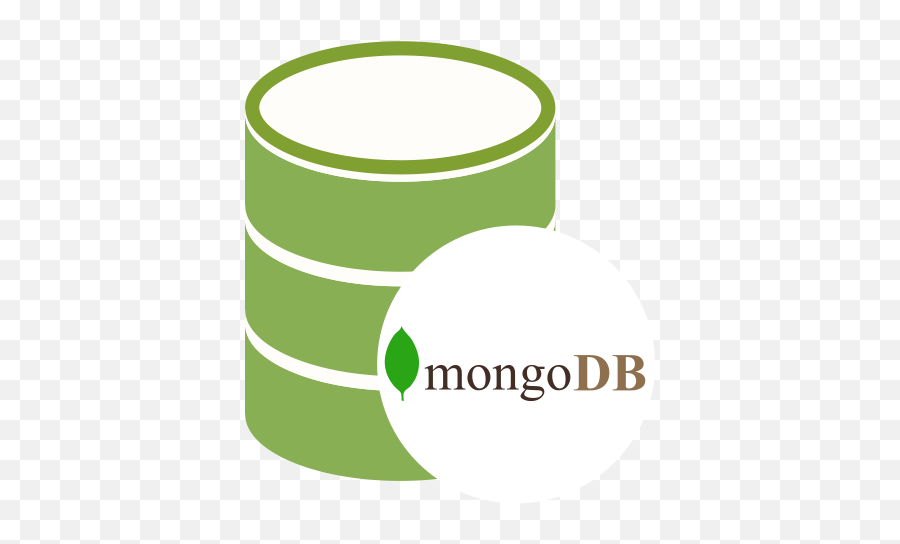About the Course
Backend development is a vital aspect of web and software development. It involves creating and maintaining the server-side of a web application, which is responsible for handling database management, server-side logic, and API development. Learning backend development can open up a wide range of career opportunities, as well as provide a deeper understanding of how web applications work.
Code Academy Benin City is a great place to learn backend development. The instructors are experienced developers who can provide hands-on guidance and support throughout the learning process. The curriculum is designed to take students from beginner to advanced level, covering the latest technologies and best practices in the industry.
One of the advantages of learning backend development at Code Academy Benin City is the opportunity to work on real-world projects. This allows students to apply their knowledge and skills in a practical setting, giving them a better understanding of how to build and maintain a web application.
Another advantage of learning backend development at Code Academy Benin City is the community of like-minded individuals. Being surrounded by other students who are also interested in web development can provide a sense of motivation and inspiration. Additionally, the network of alumni and instructors can help to connect students with job opportunities or mentorship programs.
In conclusion, learning backend development at Code Academy Benin City can be a great investment in your career. The hands-on approach, real-world projects, and community of like-minded individuals can help you to become a proficient backend developer and open up a wide range of career opportunities.
Course Information
| Duration | 3 months |
| Amount | ₦120,000 |
| Location | Online |
Course Modules
# Module 1 - MongoDB Database
- Introduction to MongoDB:
- Overview of MongoDB and its architecture
- Comparison with traditional relational databases
- Setting up a MongoDB environment
- MongoDB CRUD Operations:
- Inserting documents
- Querying data
- Updating and deleting documents
- Basic MongoDB commands and use of MongoDB shell
- MongoDB Schema Design:
- Designing collections and documents
- Data modeling
- Indexing in MongoDB
- Using Validation
- MongoDB Aggregation:
- Understanding the Aggregation Pipeline
- Using various pipeline stages
- Using $lookup and $graphLookup
- Explaining and using $indexStats and $collStats
- MongoDB Replication and Sharding:
- Replication in MongoDB
- Setting up replica sets
- Sharding in MongoDB
- Setting up sharded clusters
- MongoDB with Node.js:
- Installing MongoDB driver for Node.js
- Connecting to MongoDB from Node.js
- CRUD operations in Node.js
- Handling MongoDB connection errors
- MongoDB with Express.js and Next.js:
- Integration of MongoDB with Express.js
- CRUD operations and routing in Express.js
- Using Mongoose and Mongoose Models in Express.js
- Integrating MongoDB with Next.js
- Handling MongoDB connection errors
- Best Practices and Troubleshooting:
- Discussing MongoDB best practices
- Tips for optimizing MongoDB performance
- Common MongoDB errors and troubleshooting strategies

# Module 2 - Node.js & Express.js
- Introduction to Node.js:
- Understanding the basics of Node.js, its architecture and its core modules
- Understanding the Event loop and non-blocking I/O
- Node.js Fundamentals:
- Working with the file system, streams, and buffers
- Building simple HTTP server using Node.js
- Introduction to Express.js:
- Understanding the role of Express.js in building web applications
- Installing and setting up Express.js
- Express.js Fundamentals:
- Routing and handling requests
- Implementing middleware functions
- Understanding how to work with query parameters and request bodies
- Building web applications with Node.js and Express.js:
- Building a simple CRUD application
- User authentication and authorization
- Error handling and debugging
- Best practices and performance optimization:
- Best practices for building scalable and maintainable web applications with Node.js and Express.js
- Tips for performance optimization and troubleshooting
# Module 3 - Next.js : Advance Full-Stack Framework
-
Introduction to Next.js: Overview of the framework, its features, and use cases for building server-rendered React applications.
-
Setting up a development environment: Installing and configuring the necessary software and tools to begin building applications with Next.js.
-
Fundamentals of React: Covering basic concepts of React, which is used in Next.js.
-
Components and Props: Teaching how to create and use components, handle props and state, and manage the component lifecycle.
-
Routing and Navigation: Showing how to handle routing and navigation in Next.js, including dynamic routing and client-side routing.
-
Server-side rendering: Introducing the basics of server-side rendering and how it differs from client-side rendering.
-
API Routes and Data Fetching: Covering how to create API routes and fetch data to build dynamic applications
-
Handling Assets, Metadata, and CSS: Showing how to handle and optimize assets, add metadata, and style your application with CSS.
-
Dynamic imports and code splitting: Showing how to use dynamic imports and code splitting to improve the performance of your application.
-
getServerSideProps: Explaining how to use the getServerSideProps method to fetch data on the server-side and pass it to the client-side.
-
Deploying and publishing: Showing how to build, test, and deploy a Next.js application to a web server.
